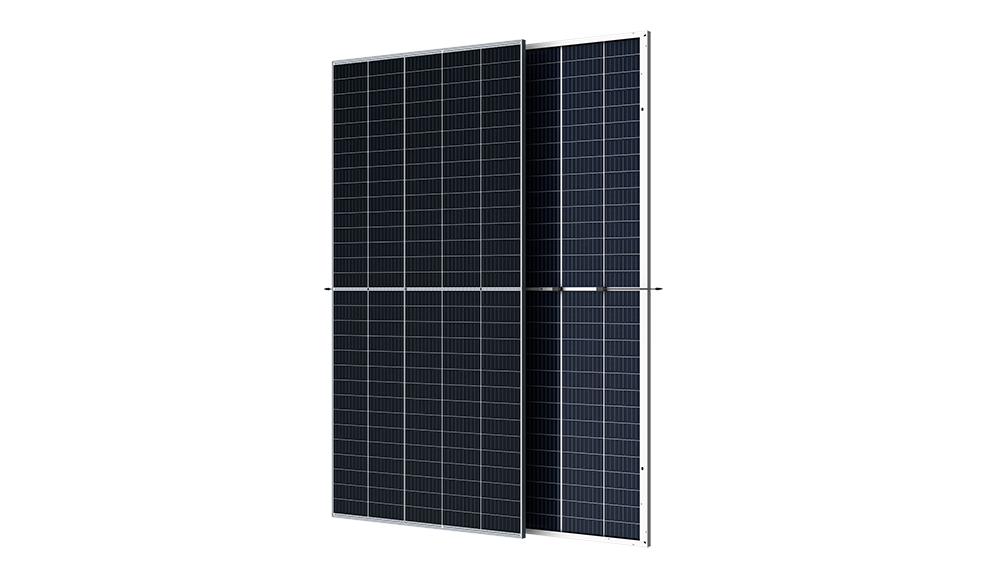
‘Solar Module Super League’ (SMSL) member Trina Solar has received IEC 61215 and IEC 61730 certification for its 600W+ high-power, large-area ‘Vertex’ series PV modules from TÜV Rheinland, making it the first p-type mono-PERC module with power ratings above 600Wp to gain standard IEC certification.
The Vertex modules (600Wp & 550Wp) use 210mm x 210mm half-cut cells and high-density cell interconnection, and are currently ramping to volume production.
Try Premium for just $1
- Full premium access for the first month at only $1
- Converts to an annual rate after 30 days unless cancelled
- Cancel anytime during the trial period
Premium Benefits
- Expert industry analysis and interviews
- Digital access to PV Tech Power journal
- Exclusive event discounts
Or get the full Premium subscription right away
Or continue reading this article for free
Zou Chicheng, vice president of solar services at TÜV Rheinland Greater China, said: “Ultra-high-power modules mean that the current is further increased. To eliminate the impact of high current is a huge challenge for manufacturers, and it also puts forward higher requirements for the capabilities of third-party certification agencies. Trina Solar's Vertex 600W+ modules have passed TÜV Rheinland's comprehensive rigorous test and successfully passed IEC certifications, becoming the industry's first 600W PV module certified by a third-party organisation.”
Trina Solar also noted that the Vertex dual glass version also meet Class A of the IEC 61730 standard for fire protection.






